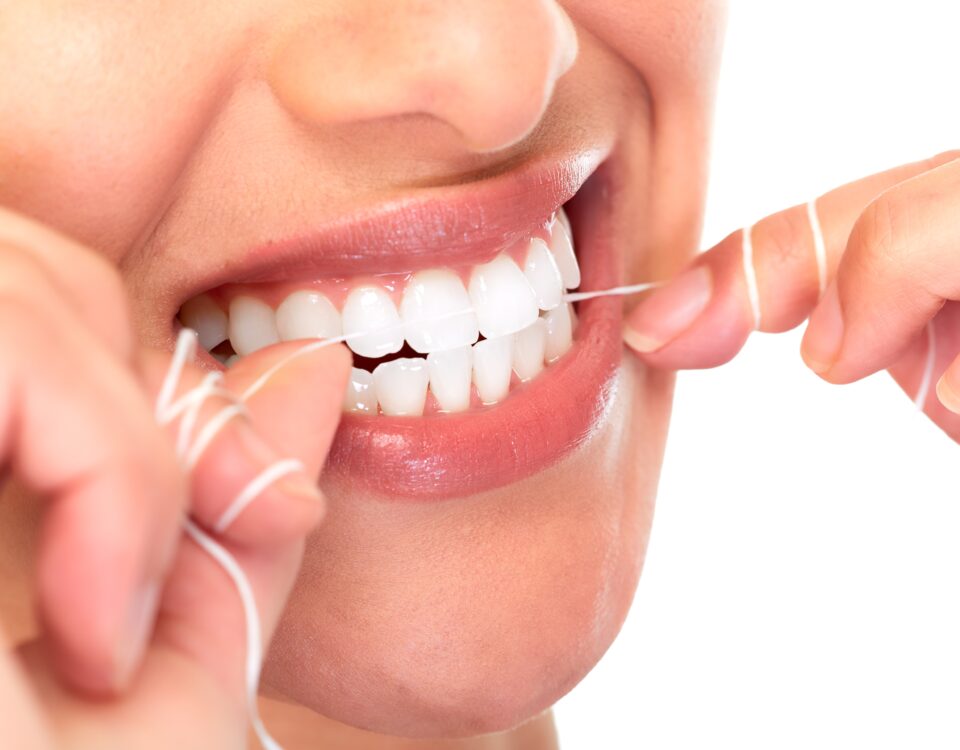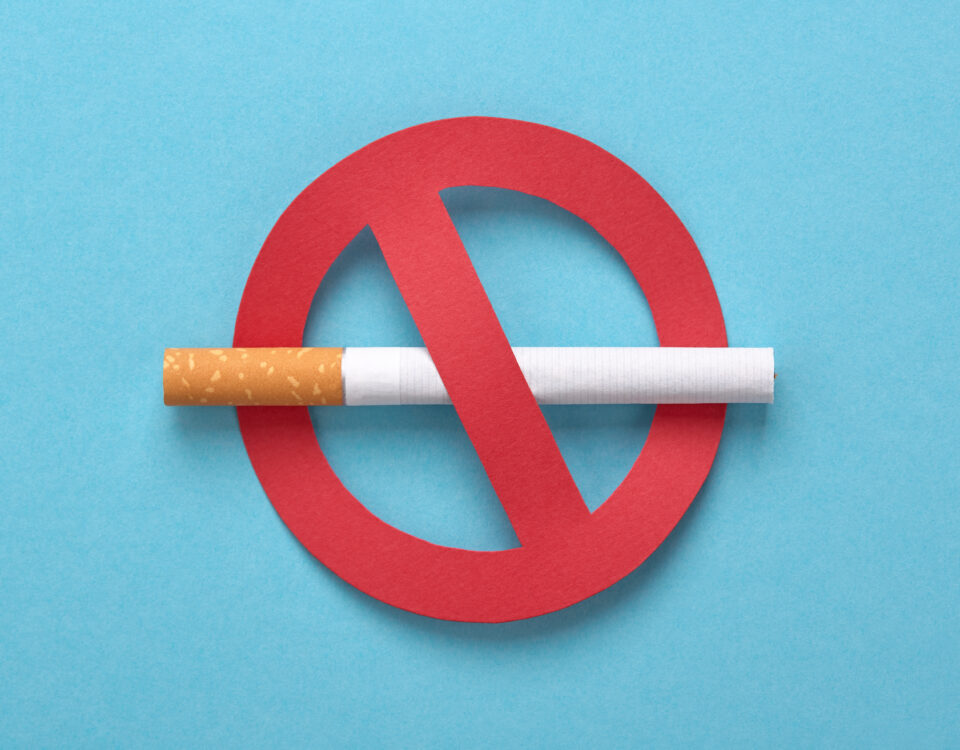Tips to Avoid Dry Socket After Tooth Extraction

Get Your Bright Smile Back with Teeth Whitening
August 25, 2022
The 7-Day Guide to Whiter Teeth
September 8, 2022Tips to Avoid Dry Socket After Tooth Extraction

If you are scheduled for a tooth extraction, it is important to be aware of the symptoms of dry socket and how to avoid them. A dry socket can be very painful and can delay your healing process. In this blog post, we will discuss the causes and symptoms of dry socket as well as tips on how to avoid it.
When Does a Tooth Need to be Extracted?
There are a few reasons why your dentist may recommend that you have a tooth extracted. The most common reason is due to decay or infection. Tooth decay can destroy the structure of the tooth and make it difficult to restore. If the decay is left untreated, it can lead to an infection. An infected tooth can cause pain, swelling, and fever. In some cases, the infection can even spread to other parts of the body.
Another reason why you may need to have a tooth extracted is due to crowding. When there isn’t enough room in the mouth for all of the teeth, they can become crooked or crowded. This can cause problems with eating and speaking. In some cases, teeth may need to be extracted in order to make room for braces or other dental appliances.
Wisdom teeth are another common reason for tooth extraction. Wisdom teeth are the last teeth to come in and they are often larger than the other teeth in the mouth. They can cause problems if they become impacted or infected. Impacted wisdom teeth can cause pain, swelling, and damage to the surrounding teeth. Infected wisdom teeth can lead to an abscess (a pocket of pus).
The Tooth Extraction Process
The tooth extraction process is usually pretty straightforward. First, the dentist will numb the area around the tooth with a local anesthetic. This will help to minimize any discomfort during the procedure. Next, the dentist will use special instruments to loosen the tooth and pull it out. In some cases, the dentist may need to make a small incision in the gum tissue in order to remove the tooth.
After the tooth is removed, the dentist will place a gauze pad over the empty socket and have you bite down on it. This will help to stop any bleeding. The dentist may also prescribe antibiotics to help prevent infection.
What is a Dry Socket?
Dry socket is a complication that can occur after a tooth is extracted. It occurs when the blood clot that forms in the empty socket is dislodged or dissolves. Normally, a blood clot forms at the site of a tooth extraction. This blood clot serves as a protective layer over the underlying bone and nerve endings in the empty tooth socket. The clot also provides the foundation for the growth of new bone and for the development of soft tissue over the clot.
Exposure of the underlying bone and nerves results in intense pain, not only in the socket but also along the nerves radiating to the side of your face. The socket becomes inflamed and may fill with food debris, adding to the pain. If you develop a dry socket, the pain usually begins one to three days after your tooth is removed.
Dry socket is the most common complication following tooth extractions, such as the removal of third molars (wisdom teeth). Over-the-counter medications alone won’t be enough to treat dry socket pain. Your dentist or oral surgeon can offer treatments to relieve your pain.
Dry Socket Symptoms
The most common symptom of dry socket is severe pain. The pain is usually worse than the original toothache. Other common symptoms of dry socket include:
- severe pain at the site of the extraction
- a missing blood clot at the extraction site
- visible bone at the extraction site
- a foul smell coming from the mouth
- a bad taste in the mouth
- pain radiating from the tooth socket to the ear, eye, temple, or neck on the same side
of the face as the extraction
How is Dry Socket Treated?
There is no single dry socket treatment that works for everyone. Treatment will depend on the severity of your symptoms. Some common treatments for dry socket include:
- pain medication – over-the-counter pain relievers, such as ibuprofen (Advil, Motrin) or acetaminophen (Tylenol), may be enough to relieve mild pain. Your dentist may also prescribe a stronger pain reliever for you to take.
- Dressing the socket – your dentist will place a medicated dressing in the socket. This dressing will help to ease the pain and promote healing. The dressing will need to be replaced every few days.
- Rinsing the socket – your dentist may rinse the socket with a saline solution or an antiseptic mouthwash.
- Protecting the socket – your dentist may place a straw in the socket to help keep it clean and free of food debris.
- Surgery – in some cases, surgery may be necessary to treat dry socket.
Tips to Avoid Dry Socket After Tooth Extraction
You can help to prevent dry socket by following these tips:
- Quit smoking – tobacco products can interfere with the healing process.
- Avoid straws – sucking on a straw can dislodge the blood clot in the socket.
- Eating soft foods – hard, crunchy, or chewy foods can irritate the socket and cause pain.
- Avoid alcohol – drinking alcohol can also irritate the socket and delay healing.
- Brush and floss carefully – be gentle when brushing and flossing around the extraction site.
- Follow your dentist’s instructions – be sure to follow your dentist’s instructions on how to care for the extraction site.
Make an Appointment with Mountain Aire Dentistry
If you think you may have a dry socket, or if you’re experiencing pain after a tooth extraction, make an appointment with Mountain Aire Dentistry. We’ll examine the socket and determine the best course of treatment for you. Contact us today!
When you visit our Broomfield dental office, your smile is our top priority. Our Dentists invite you to experience the difference a warm and caring team can provide for you and your family. Enjoy a unique and comfortable dental experience designed to bring a healthier and happier smile back into your life. We invite you to call or visit our Broomfield dental office and discover the exceptional difference we offer to those we serve.













